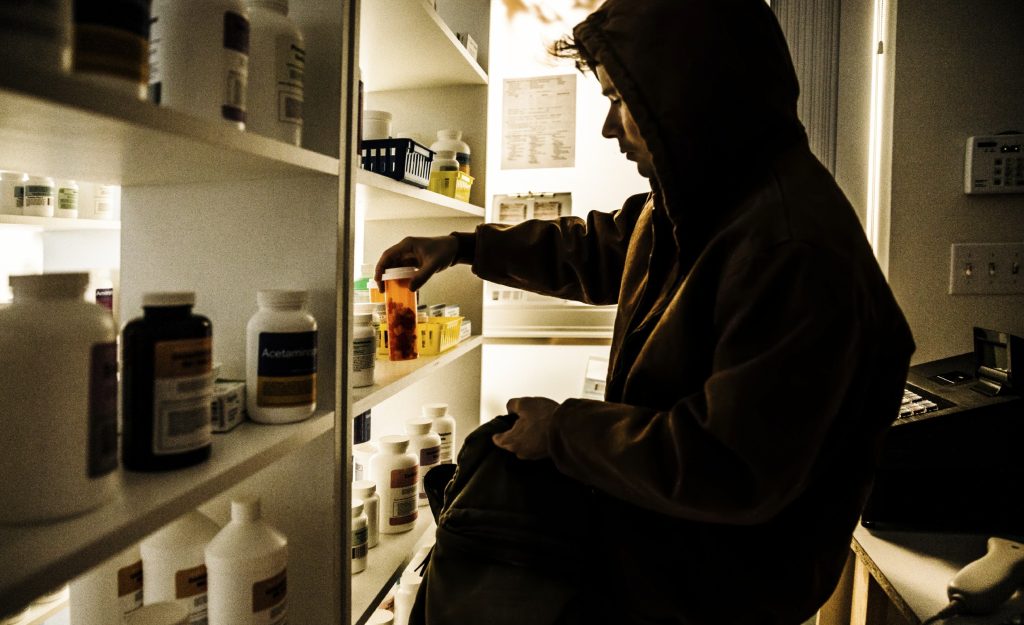No one wants to think it can happen in their own practice, but it does. Employees steal. Not all employees, of course, not even most employees. But from time to time, someone feels it necessary to take advantage of their employer by giving themselves “a little extra.” Employees who steal may justify their actions by telling themselves how little they earn compared to the doctors in the office, or that the practice has so many supplies that the “little extra” they take home won’t be missed. Embezzlement is the most discussed (and most egregious) category of theft, but less serious, smaller types of stealing are also worth being aware of and safeguarding against. For example:
Office supplies. Some employees feel guilty if they arrive home to find a pen from the office in the bottom of their uniform pocket, while others view pens, Post-it® notes, postage stamps, reams of copy paper and even more expensive items like printer cartridges as community property. Naturally, you want to make it clear to all staff members that this is not the case and that office supplies are intended to stay in the office. One way to send that message is to set up a “free” box of items that are intended to be taken (i.e. this stuff is for the taking, but not anything else). Toss pens, notepads and other miscellaneous items that you accumulate from sales reps into the free box and allow employees to take them home for personal use. You can also offer, as an employee benefit, to buy commonly used home-office supplies at your bulk purchase price and allow employees to, in turn, buy them from the practice. This would require some bookkeeping, however, so think it through before putting the offer out there.
Drugs. If you keep anything stronger than Tylenol® in stock, either for direct dispensing or in the form of samples from pharmaceutical companies, it’s essential to have a system to keep track of medications. Too often, employees view samples provided by pharmaceutical reps as fair game for pilfering since they’re “free.” Unlike the case of the harmless rep-supplied office items mentioned above, medications of any kind should not-without a doctor’s prescription-be given to (or appropriated by) employees. Create a written policy stating that drug samples and other medications kept in the office are intended for patient use only. So that you have cross-checking and accountability, put two individuals in charge of inventory control and ensure that only authorized employees have access to drug storage areas. Keep all medications and prescription pads in locked cabinets and drawers when they are not immediately in use.
Time. This is a particularly insidious type of employee theft, and yet, in the moment, it can seem so innocent. Time theft occurs when staff members are not conscious of the clock or when they intentionally take their “little extra” in the form of minutes here and minutes there. They show up at 8:07 and mark their time card for 8:00, take 20 minutes for morning breaks instead of the allotted 15, or return from lunch 10 minutes late several days each week. It all adds up. If an employee is eking out an extra hour each week in this manner and they earn $12/hour, that’s $600/year, not taking into account payroll taxes. Keep this “time creep” situation under control by having arrival, break, lunch and departure times clearly spelled out in your employee manual and by investing in a time clock.



